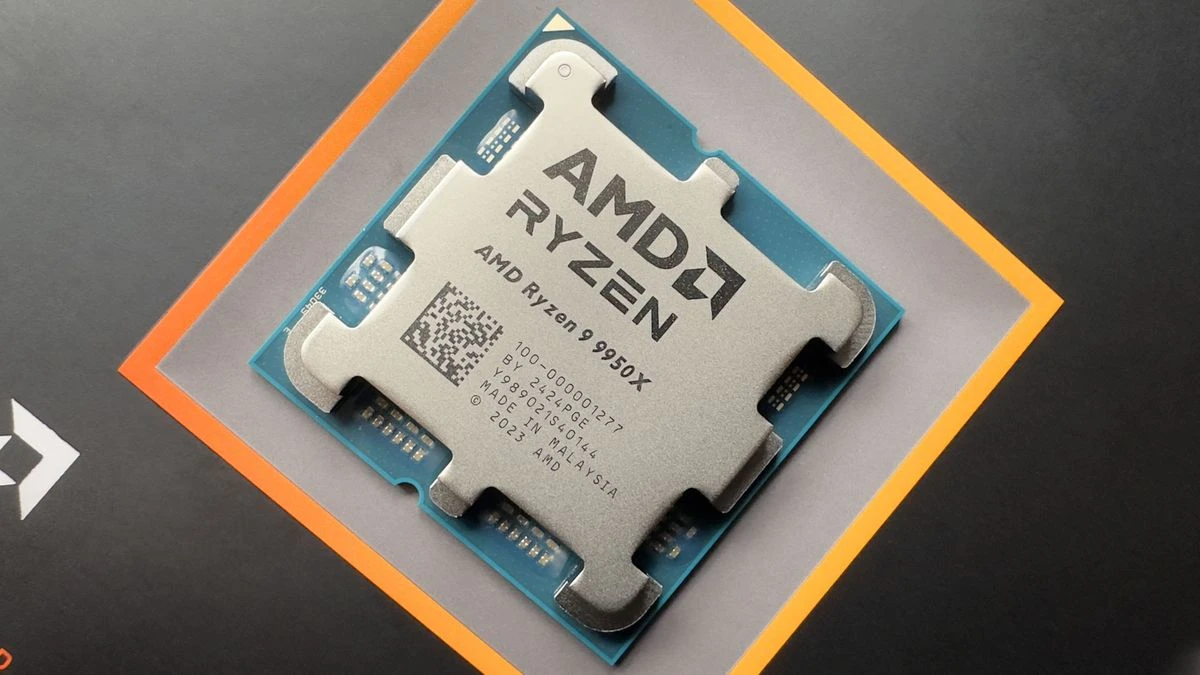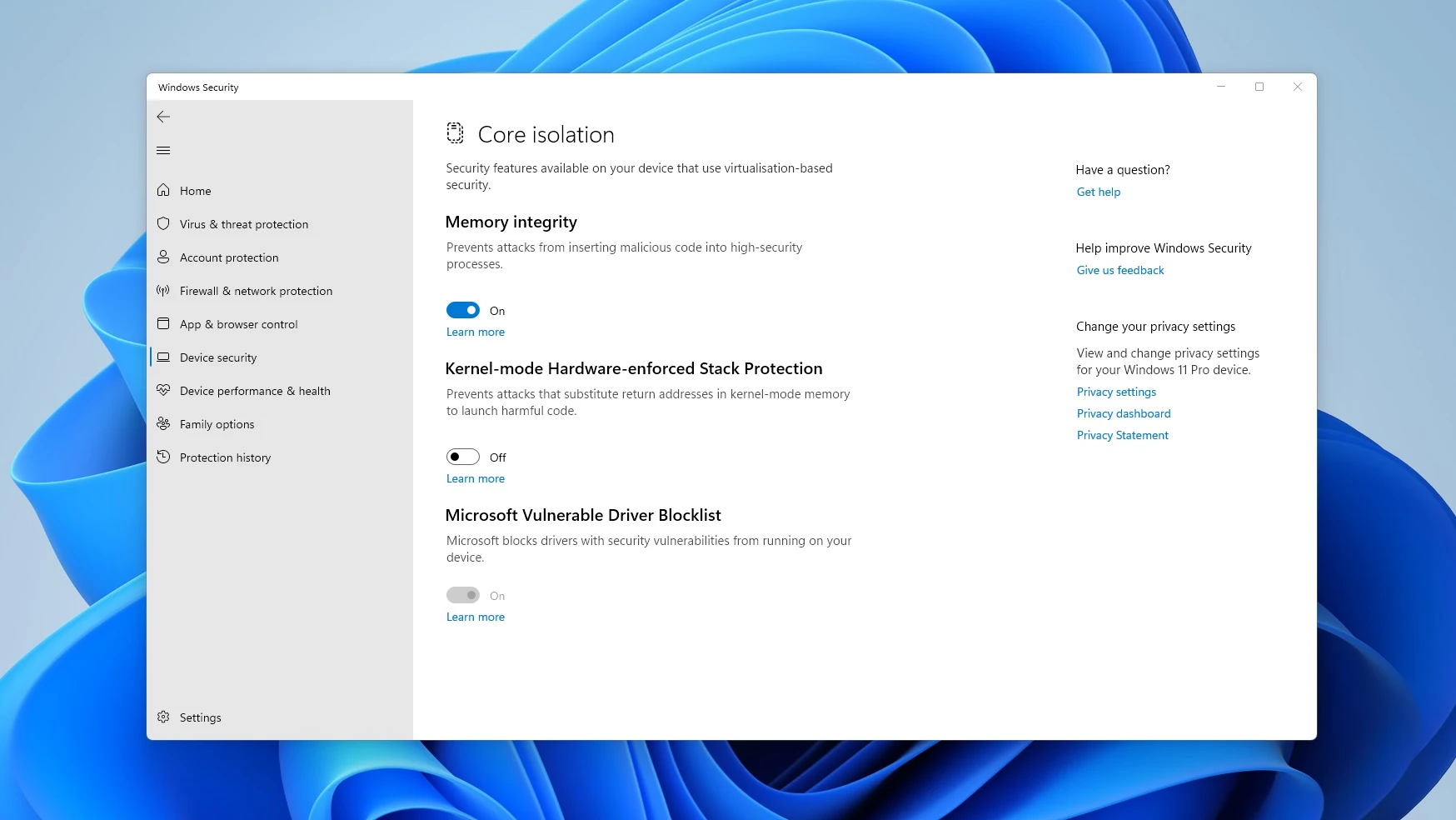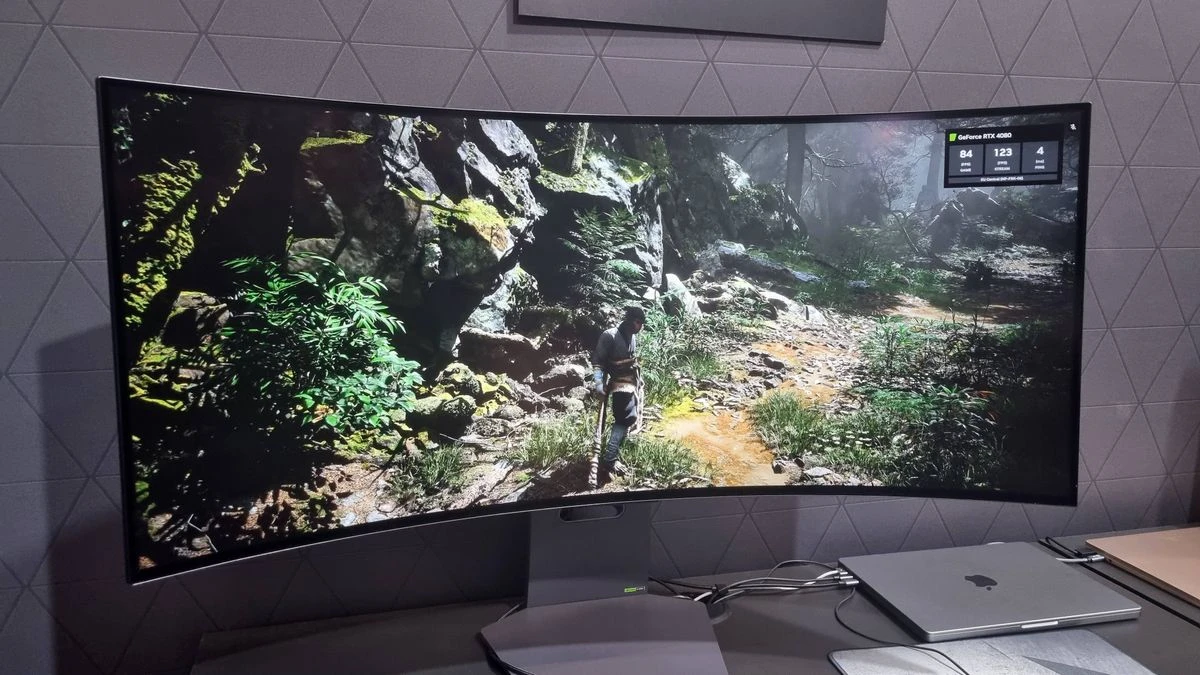AMD admits that its chips have 'parity with Intel's 14th Generation' in terms of gaming performance. It suggests that Ryzen 9000's lacklustre performance could be due to the fact we aren't fiddling with Windows backend.
AMD's 9000-series processors have not been impressive. They perform only slightly better than 7000 series chips, but cost a lot more. AMD has now provided a few explanations for why Zen 5 gaming performance may not have been as good as the company's initial projections. This seems like a way to pass the buck.
In a blog post, AMD explains why "AMD-generated gaming data" differs from reviewer's data, which originally showed "a 9% average generational improvement in 1080p gaming against Ryzen 7000 Series, and an average 6% higher performance when compared to the competition's top 30 games."
After changing its testing, it now claims "parity in games" with Intel, and a "5-8% increase in gaming over the Ryzen 7000 Series".
AMD lists obvious variables, such as the game selection ("the makeup" of the test suite) and less-than ideal Intel configurations (who'd have guessed?) in its initial tests. It also gives a reason which I find bizarre: it ran its tests under Windows Admin mode.
AMD claims that its "automated testing methodology was run in admin mode, which produced results reflecting branch prediction code optimizations that were not present in Windows reviewers' version used to test Ryzen 9000 Series". Hardware Unboxed called this Admin mode a "hidden administrator account" with elevated privileges. AMD suggested that such an account be used, because, according to Hardware Unboxed, these new Ryzen processors "do not function as intended when bursty workloads are present".
If this is what AMD is referring to by "Admin mode", then the obvious question would be: What the hell is going on? Why would anyone test under a hidden account, when 99.9% of users will not be running their games using one? Why would AMD use such a hidden account to test its initial numbers, and why, more importantly?
A cynical response to this could be to inflate the performance numbers by eliminating certain system security overheads. It could be that it didn't realize the difference would be so significant. Who's fiddling around with Windows' backend and enabling a hidden administrator account for no apparent reason?
This decision does not seem to match other more reasonable decisions AMD made when testing its chips. AMD says that it "tests Windows Virtualization-based Security" (VBS), and I agree that the company left this on during testing, given it is "the default Windows behaviour".
Level1Tech, a tech YouTuber, has made an interesting point: If you run a process (e.g. a game) under this hidden Windows Admin profile, rather than right-clicking and selecting "run as Administrator" --and again, why test using such a profil in the first instance?-- it seems that you're essentially executing that process without any VBS overhead. This would complicate AMD's claim (though it wouldn't disprove it) that they test with VBS enabled.
Perhaps the branch prediction optimizations at the core of Windows profile performance difference are equivalent to VBS disabling optimisations. It would be doubly stupid to base performance evaluations on such a profile.
All of this means that AMD shouldn't even have tested their CPUs in this manner, since 99% of users won't be using them in such a way. This is a sentiment that AMD seems to agree with, as it has changed its relative gaming performance rating.
There's a way you can use the improved branch-prediction code without having to switch your Windows profile. AMD states that Windows updates in general will benefit all chips, not just those in the 9000 series. AMD also says, "Optimized AMD branch prediction code is available in Windows 11 version 24H2 as a preview through the Windows Insider Program, Release Preview Channel, Build 26100, or by downloading ISO here."
AMD (via Tom's Hardware) claims that the performance boost you should see is only 2 to 3 percent. When these chips are so meagerly improved over the previous generation, every little bit helps, right?





Comments